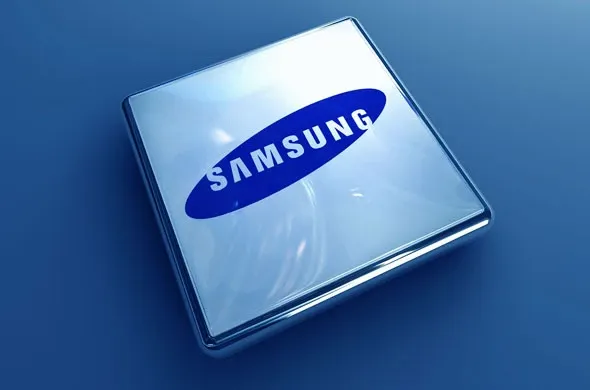Cloud Pushes Another Good Results for Microsoft
Microsoft posted another solid report for 1Q24.

Intel posted record revenue in 2017, but it wasn’t enough. According to Bloomberg, Samsung just knocked Intel off its perch as the world’s biggest chipmaker by revenue, a spot the U.S. company has held since 1992. Samsung reported 2017 chip sales of $69 billion, blowing past Intel’s $63 billion from last year.
The switch underlines how Samsung has transformed itself from a maker of cheap televisions into a pervasive supplier of key components in smartphones and other modern computing devices. It’s also a testament to the growth of memory chips, Samsung’s main market.
Intel, whose processors are the heart of about 90 percent of the world’s computers, didn’t have a bad year. Sales grew 6 percent. Success in computers is no longer enough, though. Memory chips, a market Intel only recently got back into, are now crucial parts of smartphones, which easily outsell PCs these days. Memory chips are also finding their way into a range of new devices such as cars.
One of the ironies of Samsung’s success in memory is that it’s a business Intel created in the 1960s. The U.S. company exited the market when competition from Japanese companies became too great in the early 1990s, then recently re-entered. One of Intel’s biggest growth areas last year was memory chips, but it has a long way to go to catch up with Samsung.
The South Korean company got its start in memory chips by licensing technology from Intel’s Japanese foes. Samsung is moving in on Intel’s traditional turf now, making higher-priced components. Its factories now churn out processors that run mobile phones and it’s the contract manufacturer for Qualcomm, which is taking a run at Intel in PC and server processors.